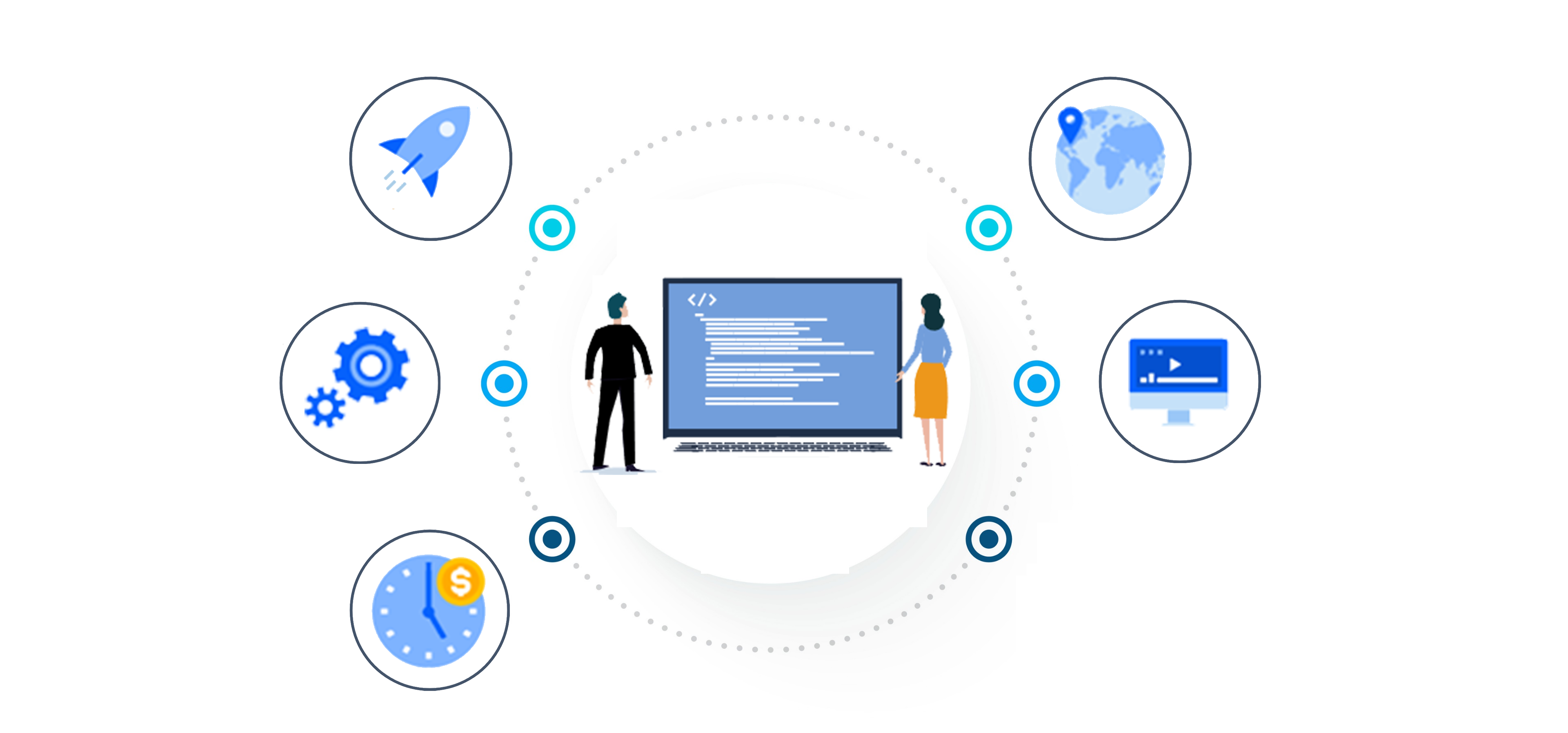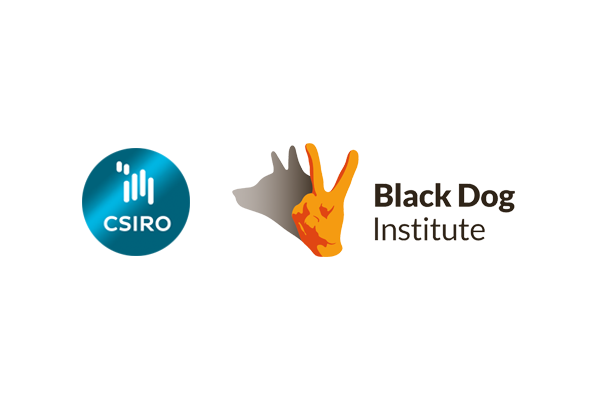Key Reasons Why Researchers Choose AWS

1. The flexibility and speed to adjust IT resources at any time, replacing the need for physical servers that can take weeks or months. If an experiment fails, users can terminate these resources without risks.
2. A resilient workload has the capability to recover when stressed by load (more requests for service), attacks, and failure of any component in the workload's components, ensuring that your services do not degrade when faced with sudden demands.
3. Cost savings by paying only for the applications and data storage you used, taking advantage of economies of scale. Unlike physical servers, you can stop paying once you terminate/delete cloud loads.
4. Global deployment within minutes with just a few clicks on the control panel. AWS has physical data centers in 24 geographic regions globally, including three regions (Local Zones) in Hong Kong, reducing local user latency and meeting demands, resulting in reduced downtime by seven times*.
5. Ability to remotely enable IT resources anytime, anywhere.
-
1. The flexibility and speed to adjust IT resources at any time, replacing the need for physical servers that can take weeks or months. If an experiment fails, users can terminate these resources without risks.
-
2. A resilient workload has the capability to recover when stressed by load (more requests for service), attacks, and failure of any component in the workload's components, ensuring that your services do not degrade when faced with sudden demands.
-
3. Cost savings by paying only for the applications and data storage you used, taking advantage of economies of scale. Unlike physical servers, you can stop paying once you terminate/delete cloud loads.
-
4. Global deployment within minutes with just a few clicks on the control panel. AWS has physical data centers in 24 geographic regions globally, including three regions (Local Zones) in Hong Kong, reducing local user latency and meeting demands, resulting in reduced downtime by seven times*.
-
5. Ability to remotely enable IT resources anytime, anywhere.
Information about the Program
Information about the Program
The Program aims to support the development of cloud-based research and research and development environment. That means to support the cloud deployment and task execution of research software and development software.
It conducts concept verification, benchmark testing, and performance testing to assess the efficiency of migrating research workload or public datasets to the cloud.
The Program also conducts workshops or training sessions to promote the adoption of cloud-based research workload in a wider community.
II. Application Process
AWS will thoroughly evaluate research support proposals submitted by research institutions, colleges and universities, and enterprise R&D centers. The final approved funding amount for this Program will vary depending on the R&D plan and usage requirements specified in the application. The funds for this Program will only be used to pay for services provided by AWS [*] and will be issued in the form of AWS service credits. The approved service credits are valid for a maximum of 1 year, and the validity period cannot be extended. If the service credits are not used before the expiration date, they will expire.
[*] For Amazon EC2 services, the credits are only applicable to On-Demand Instances and Spot Instances.
III. Application requirements
Application requirements
If you are interested in applying for our Program, please ensure that your application includes the following details:
- A brief overview of your background, including a list of research projects you have undertaken and participated in.
- Project keywords that reflect your research direction.
- A list of proposed research software, hardware support requirements, AWS services, AWS public datasets, and AWS solutions that you intend to use.
- A description of the expected research achievements under this Program, including papers, intellectual property rights, research tools, and open-source research data.
If you plan to build a cloud-native research workflow using AWS services, please provide a detailed plan. If your application is accepted, you will have the opportunity to receive free technical guidance from AWS solution architects.
To begin the application process, please fill in the form provided on our website. Our team will contact you within 5 business days to provide you with a template for the application and address any questions you may have regarding the application.
IV. Progress Updates
We will contact you via email or phone and keep you informed on the progress of your application and the final result of whether funding is approved.
V. Privacy Protection
The information you provide is protected by the Amazon.com privacy policy and is subject to the relevant provisions of the terms and conditions of other AWS services you use. This Program is bound by the relevant terms of the AWS customer agreement and the specific support conditions and application requirements of the research and innovation support program.
VI. FAQ
If you have any questions about how to complete the application for this program, please refer to the FAQ page on our website. Alternatively, you can leave a message in the information registration column on the right-hand side of the page or send an email to [email protected]。
Research customer success stories

Standford
By using AWS, the Stanford Archaeology Center researchers have easy access to vital data regardless of where they are, and have a system for ensuring that data used in collaborative efforts is accurate and up to date.

Penn State
Penn State moved its research portal to AWS which made it easy for 6,000 researchers worldwide to design more than 50,000 synthetic DNA sequences, using Penn State’s design methods and optimization algorithms.

The International Centre for Radio Astronomy Research
The International Centre for Radio Astronomy Research (ICRAR) uses Amazon S3 as a key-value store and is able to seamlessly index and manage input from hundreds of thousands of public CPUs around the world.

The Black Dog Institute (BDI)
The Black Dog Institute (BDI) partnered with CSIRO to conduct the We Feel study, which uses AWS to analyze tweets from around the world and measure how emotions are impacted by environmental factors.